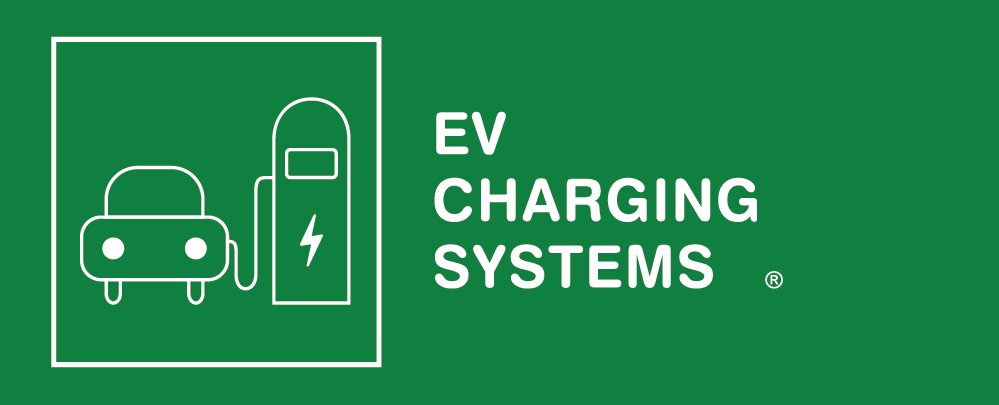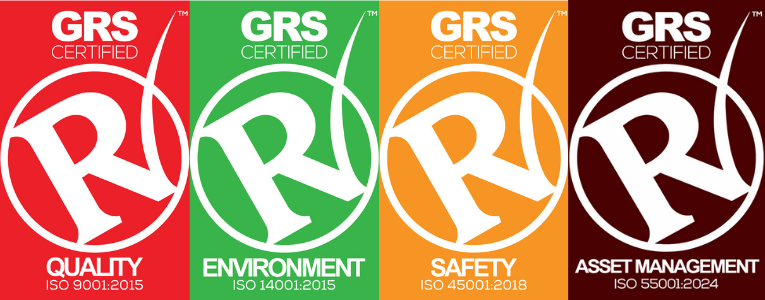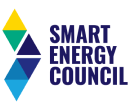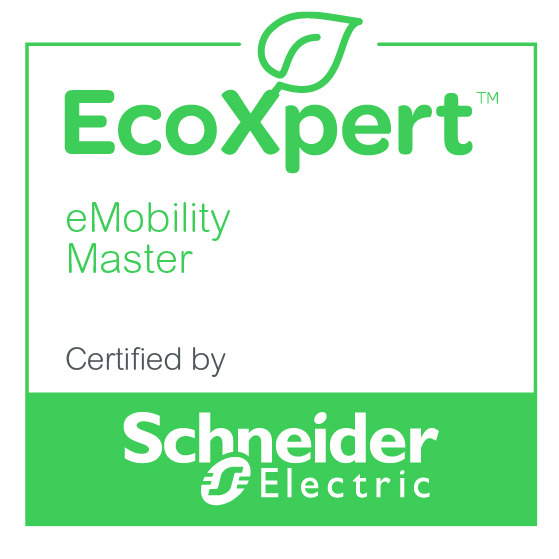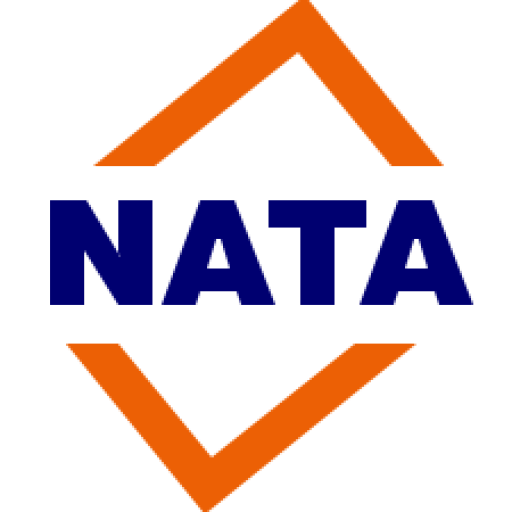Workplace EV Charging Solutions
EV Charging Systems is Australia’s installer of choice for workplace EV charging. From design to installation, we deliver tailored solutions for commercial sites, fleets and employee charging.
- Home
- Commercial
- Workplace EV Charging
Our Clients






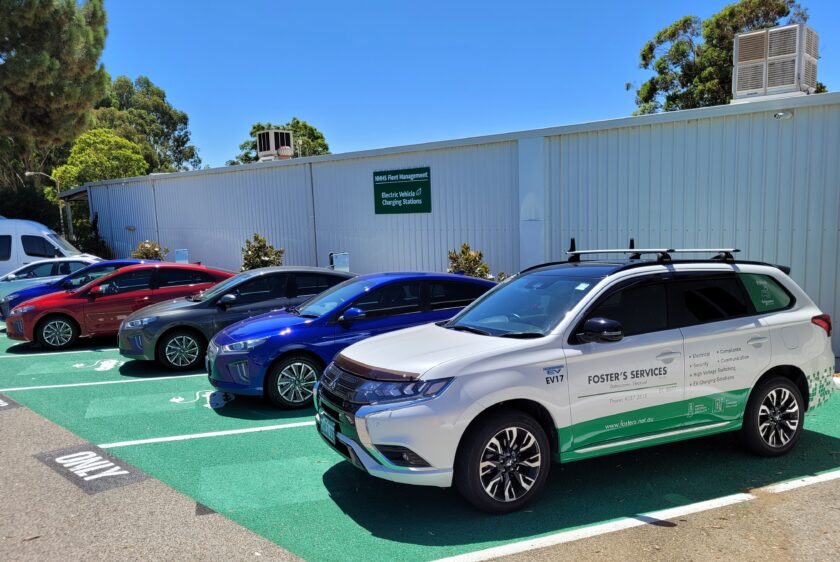
Australia's Turnkey Experts in EV Charging Solutions for Workplaces
DC fast charging rapidly delivers power directly to an EV battery, reducing wait times and enabling convenient charging for businesses, fleets, and public locations.
EV Charging Systems is WA’s trusted experts of DC fast charging stations. We provide turnkey supply, install, commission, maintain, and support tailored solutions for a seamless charging experience.
Contact our team today at 08 6555 3955 or through our contact form below to get started.
Perfect for Workplaces We Supply & Install Leading Brands
We supply and install AC and DC chargers for commercial workplaces, fleets and employee charging using leading Tier 1 brands. As a factory-partnered supplier, we provide direct access to training, parts and warranty support for reliable, compliant workplace charging.

Schneider AC Pro (7.4kW or 22kW)
- Reliable & safe – certified, built-in protections for public use
- Smart management – remote monitoring, billing & control
- Scalable setup – single or dual ports to fit any carpark
- Durable design – weatherproof, impact-resistant for high traffic
- Easy billing – seamless payment and access options for drivers
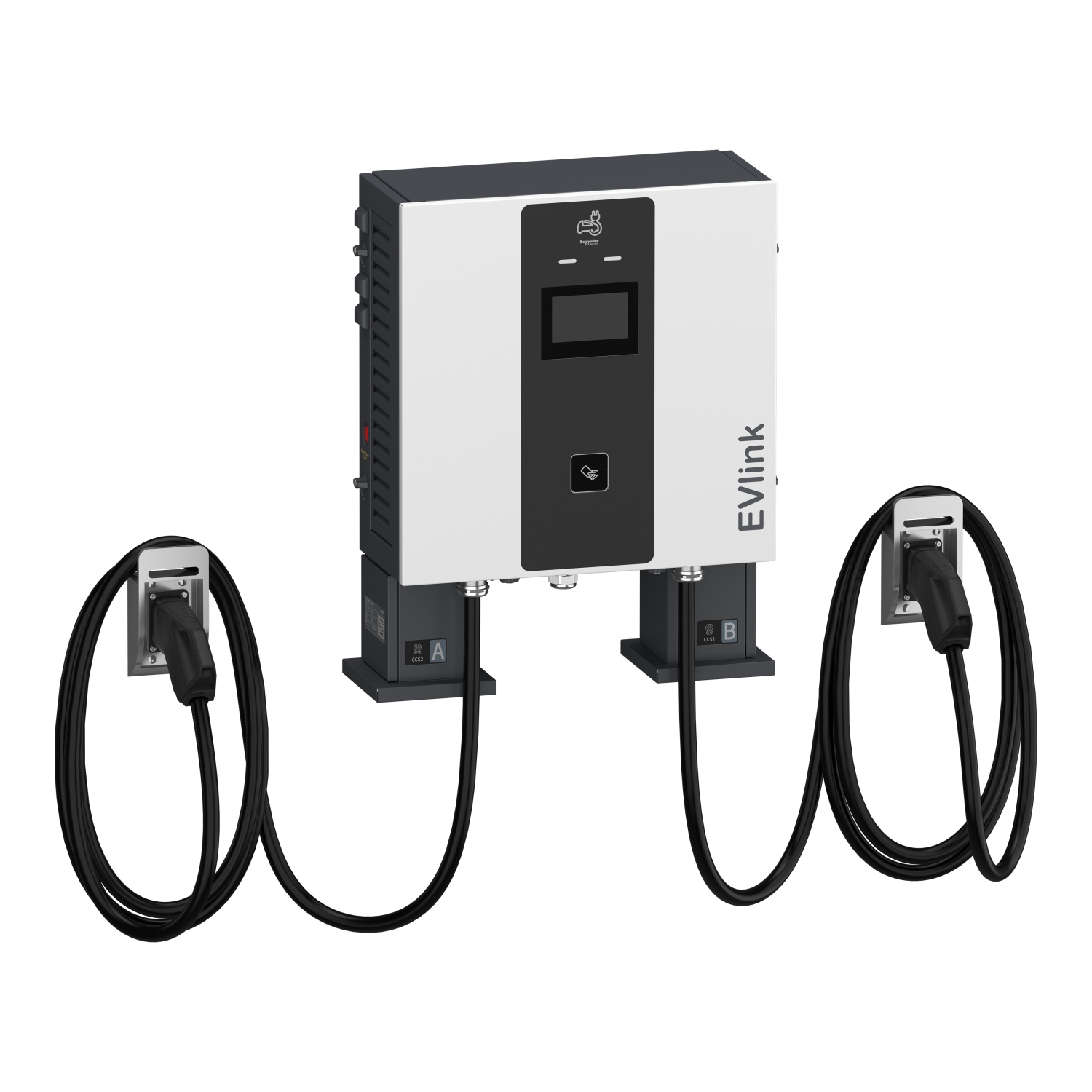
Schneider EVlink Pro DC (60kW)
- Fast & reliable – 60 kW output for quick public charging
- Smart management – remote monitoring, billing & user access
- Flexible setup – wall or pedestal mount to fit carparks
- Durable design – weatherproof, impact-resistant for public sites
- Easy billing – supports user access, payments & operator control
Take Advantage of Charge Up Workplace Grants
Our ProcessHow to Workplace EV Chargers
We provide a complete service in just three easy steps.
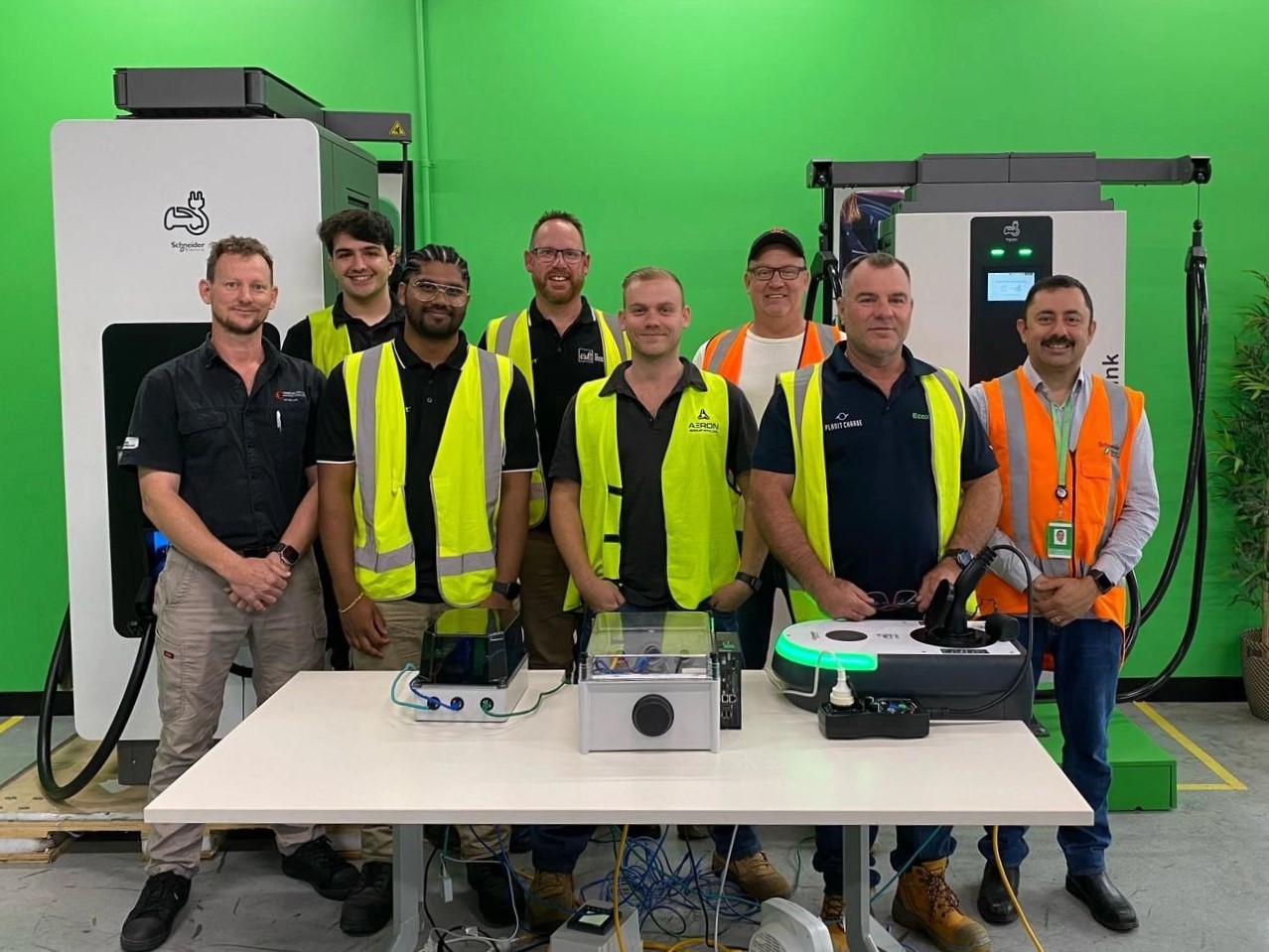
1 Contact Us
If you’re looking for a DC charging solution tailored to your needs, reach out to our expert team to get started.
2 Get a Quote
Once we assess your site, power capacity, and charging goals, we’ll recommend a tailored DC charging infrastructure that fits your needs.
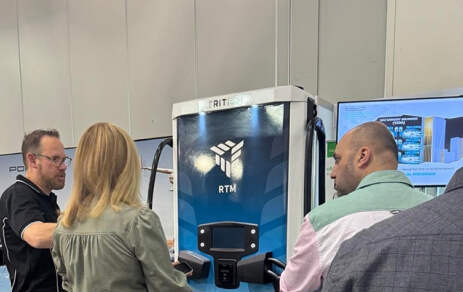
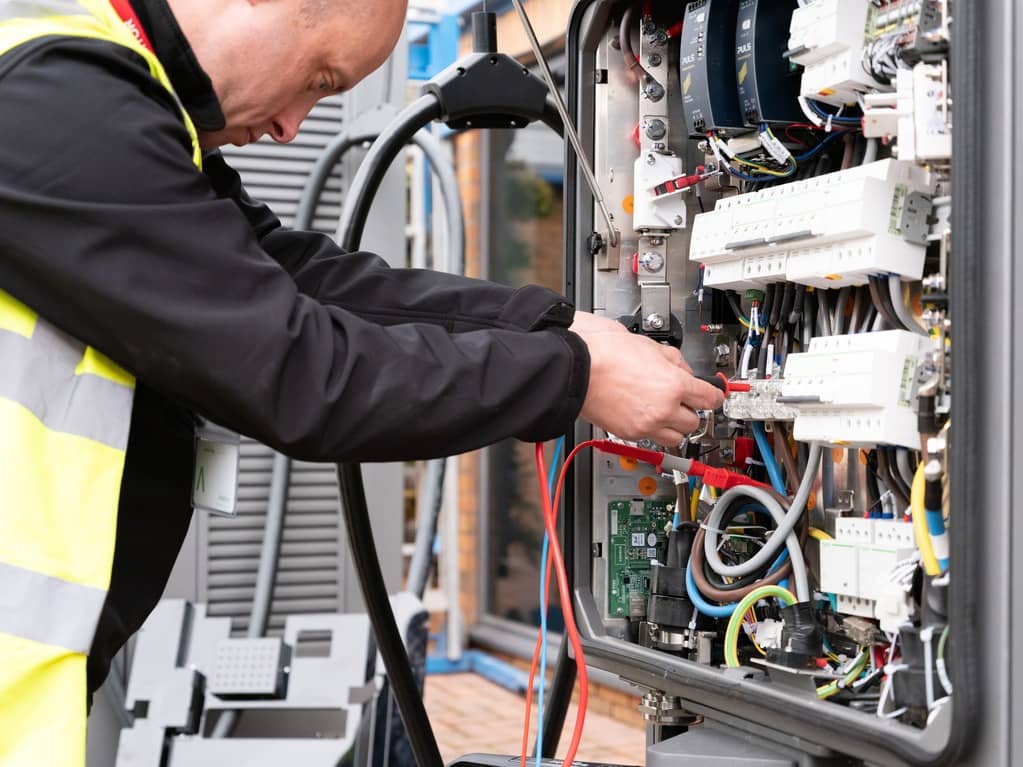
3 Get the Job Done Right
Our skilled technicians will install, commission, and test your charging station safely and efficiently, ensuring it’s ready to use without hassle.
Turnkey SolutionEverything From Installation and More
We provide end-to-end solutions for workplace EV charging across offices, warehouses, depots and campuses, from site assessment and design to installation, software and ongoing support.
Universal Solutions
Our in-house, licensed and factory-trained team delivers AC and DC charging for staff, fleet and visitor bays using Tier 1 brands, backed by local support.
Maintenance and Commissioning
We commission systems correctly and maintain them on schedule to maximise uptime, safety and performance across commercial sites of all sizes.
Billing Software
Integrated billing and access control support staff reimbursement, fleet cost centres and visitor payments with tap-and-go, RFID and app-based options managed for you.
Reporting and Analytics
Dashboards and scheduled reports show usage by user group, energy costs, CO₂ savings and charger health so facilities teams can plan and optimise.
Load Management
Dynamic load control shares power across chargers, protects site capacity, reduces peak demand and works with on-site solar and batteries where available.
Smart Charging
Set priorities and schedules for fleet vehicles, apply pricing and idle fees, and manage access permissions so charging stays simple for your team and convenient for drivers.
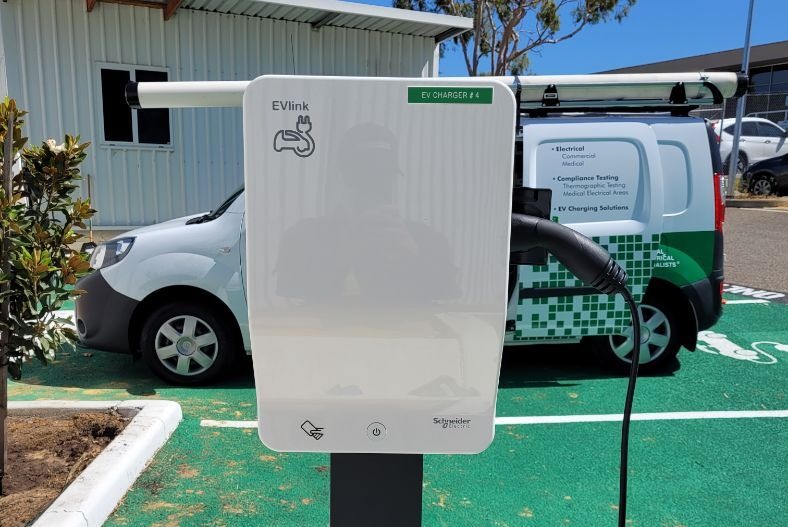
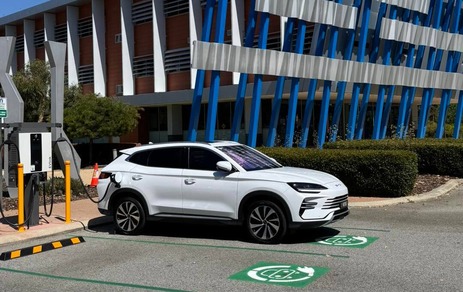
About UsAustralia’s Workplace EV Charging Specialists
Our fully in-house, licensed and factory-trained team are proudly Australia-owned and operated. We deliver complete workplace EV charging for offices, warehouses, depots and campuses, including supply, installation, software management, commissioning, preventative maintenance, repairs and ongoing support.
We partner with leading brands such as Tritium, Schneider Electric and EVBox to ensure high-quality, compliant hardware and systems.
Our specialists cover all of Australia and work across staff, fleet and visitor bays, providing dependable service and comprehensive EV solutions.
Charging WA-wideOur Recent Projects
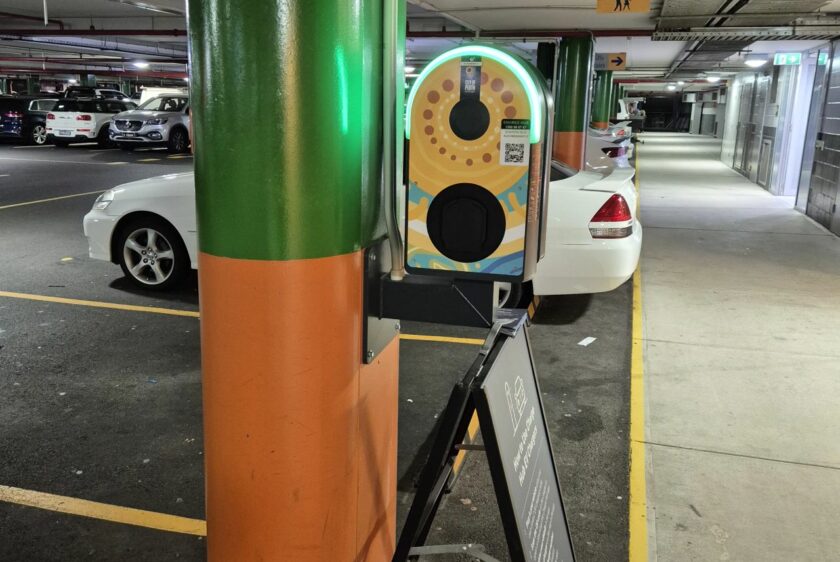
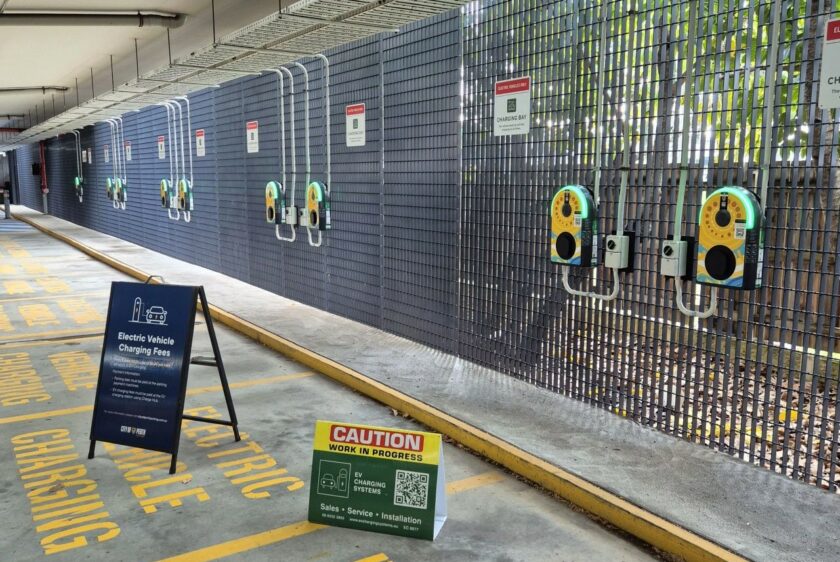
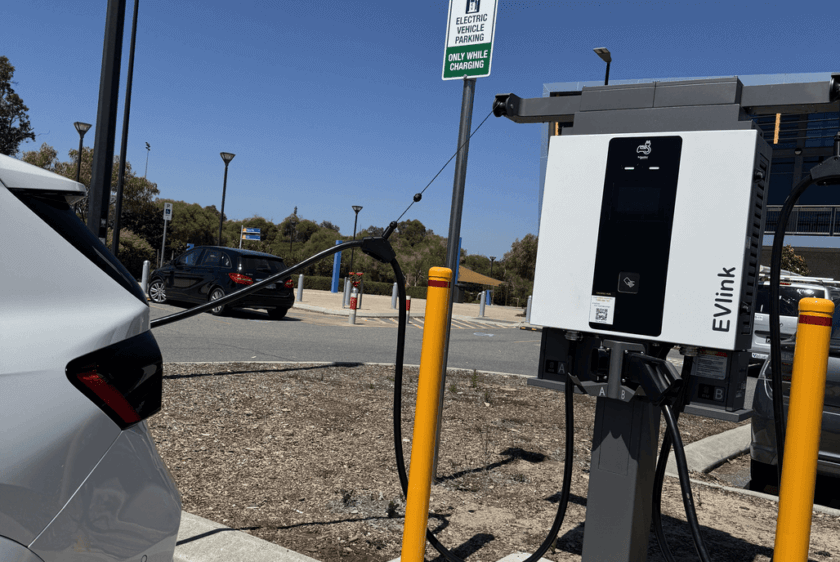
FAQs Frequently Asked Questions
What types of EV chargers suit workplaces in Australia?
Most workplaces choose AC chargers between 7 kW and 22 kW for regular workday charging. Sites that need rapid turnarounds for fleets or visitors may add DC fast chargers from 25 kW to 350 kW, noting the higher power and infrastructure needs.
How many chargers can we install at our site?
There is no fixed limit. The practical cap depends on your electrical capacity, parking layout, and budget. A staged plan helps you start small and expand as usage grows.
What electrical checks are needed before we install chargers?
Your electrician should confirm the main fuse size, available spare capacity, switchboard condition, earthing, and fault protection. A load study is often recommended to understand peak demand and avoid nuisance trips.
Do we need approvals from the network operator?
Many sites need approval or a network application, especially for DC chargers or larger AC deployments. In WA this is typically through Western Power or Horizon Power. Your installer can manage the process and advise if upgrades are required.
What affects the cost of a workplace installation?
Key drivers include charger type and quantity, cable runs to the switchboard, trenching or concrete cutting, network upgrades, bollards and signage, and any software licences. A site assessment will provide a firm scope and quote.
How do we manage power if we add several chargers?
Use load management to share available capacity across chargers. This allows you to install more ports without expensive upgrades by dynamically limiting power during peak times.
What are the safety and compliance requirements needed for workplace EV charging?
Installations must comply with AS/NZS 3000 and relevant standards. Typical requirements include residual current protection suited to EV charging, correct earthing, clear signage, wheel stops or bollards, and safe cable management.
What about accessibility and visitor use at a workplace site?
If bays are available to visitors or the public, plan for accessible bays, compliant access paths, and clear wayfinding. Even for staff-only use, keep bays well marked to prevent ICEing and ensure safe access.
What ongoing maintenance is required?
Plan for routine visual checks, periodic electrical testing, firmware updates, cleaning, and prompt repairs. A simple maintenance plan helps maintain uptime and warranty coverage.
How do we get started and install EV chargers at our workplace?
Book a site assessment with a qualified EV installer. They will confirm electrical capacity, advise on charger mix, layout, software, approvals, and provide a clear design, budget, and timeline.
Trusted Specialists Our Client Testimonials
City of Subiaco
Your staff are exceptional, in their ethic and communication. You should be proud of them for being the ambassador they are. I have had numerous comments from the management team here.
Will Smits
Had an Evnex home charger installed and very happy with the quality, features and ease of use. The pre-sales and installation was hassle free and the staff were friendly and responsive to our questions. Left site clean and tidy. Definitely recommend EV Charging Systems if you are after an EV home car charger. Thank you.
Contact Us Get In Touch
Ready to learn more about our comprehensive commercial EV charging solutions? Fill out our contact form and our EV specialists will get in touch with you.
